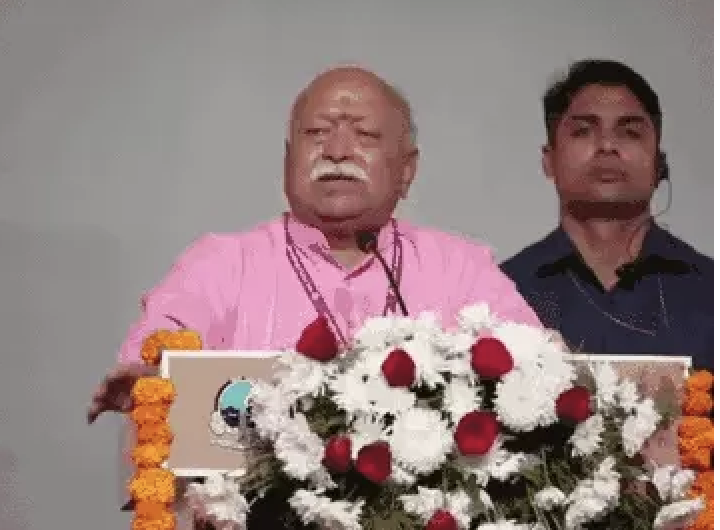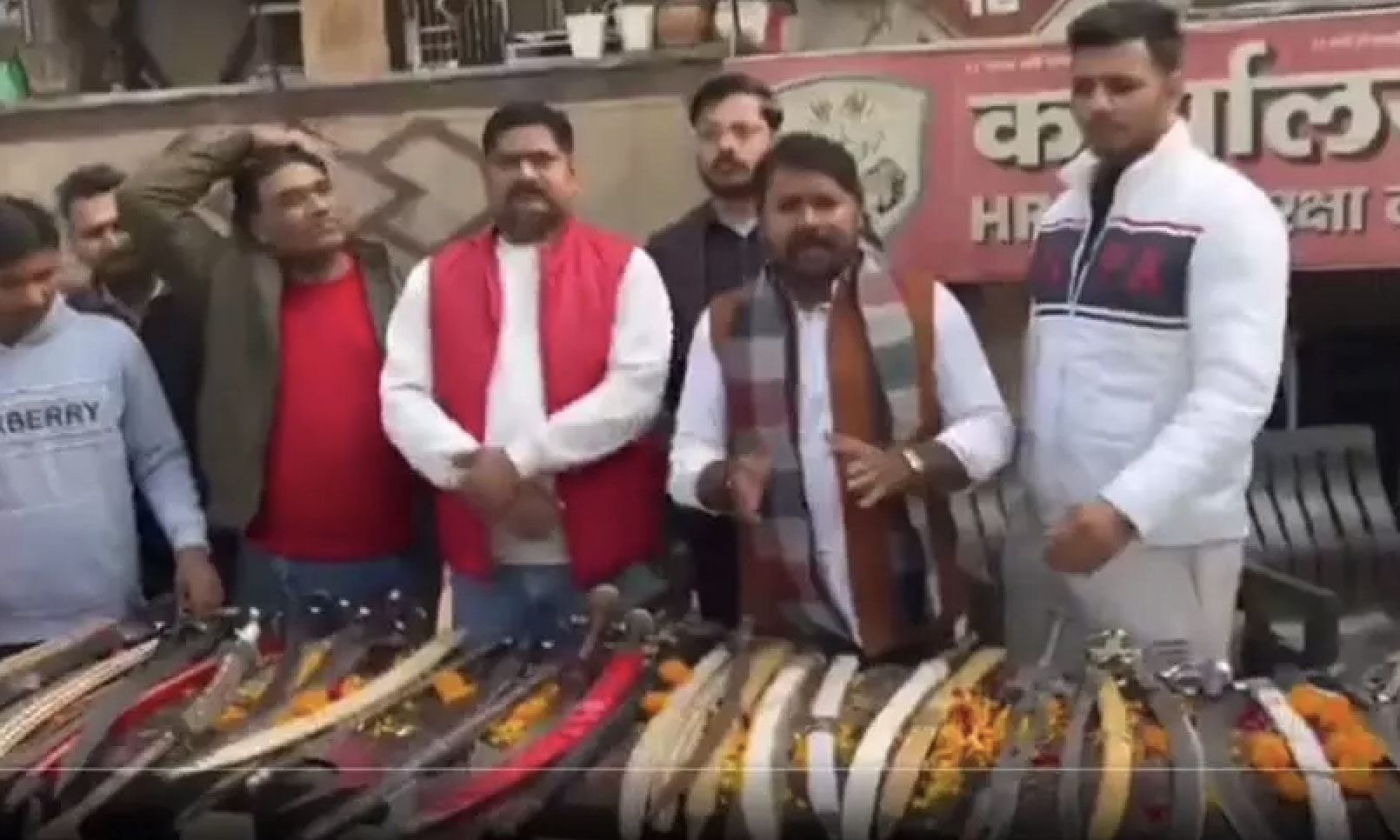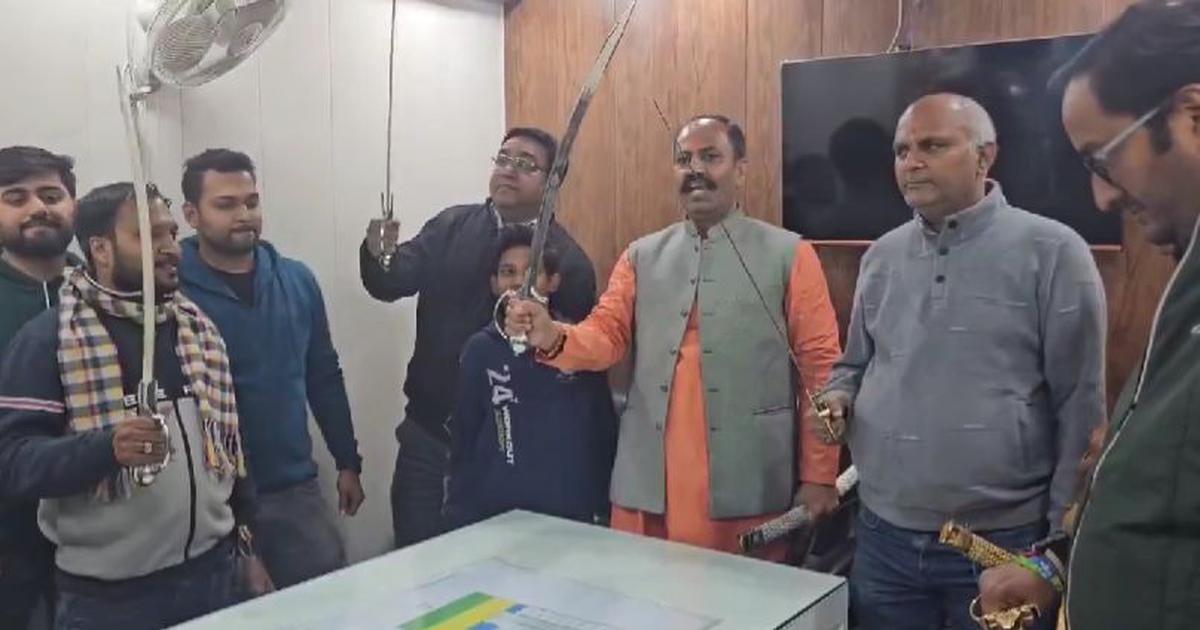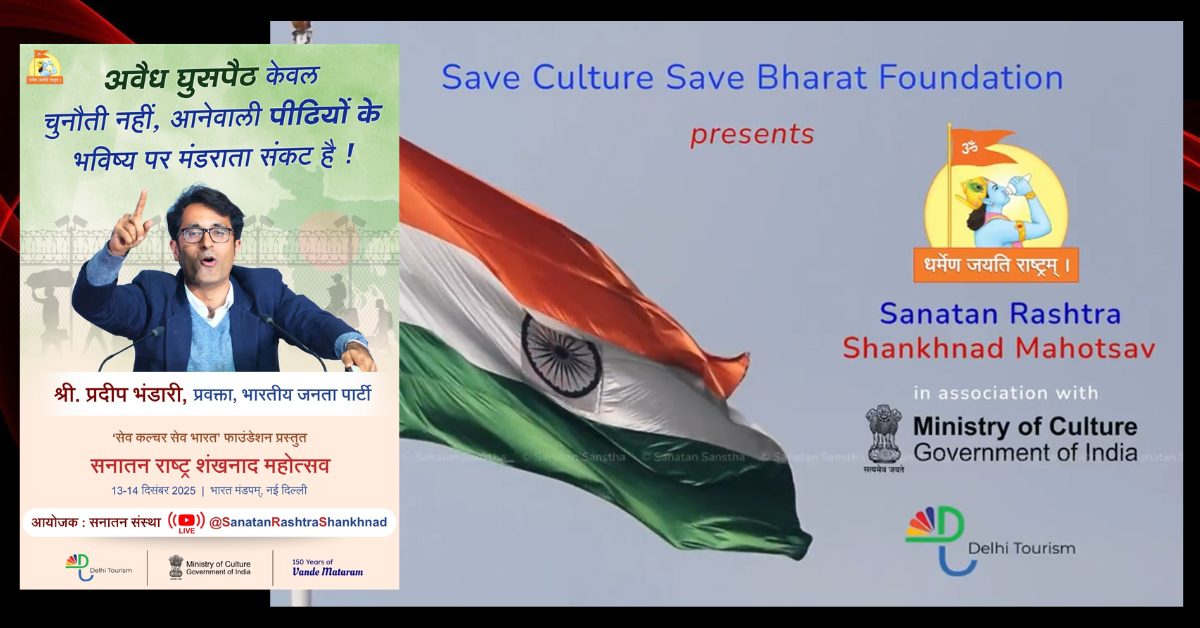Last week, India’s Supreme Court took on an issue that has turned into a major political controversy: the hijab. In February, the southern state of Karnataka had banned women from wearing the hijab in classrooms — enraging Indian Muslims and delighting Hindu nationalists, who saw the state’s move as another triumph in their continuing campaign against Muslims in India.
The court’s decision ended up showing just how polarized India’s religious landscape has become. One of the judges on the panel declared wearing headscarves a matter of personal choice; the other essentially dismissed the problem, saying that the hijab was not “essential” to Islam.
But India’s Muslims can’t simply act as if the issue doesn’t exist. Muslim girls in India are fighting — just like their counterparts in Iran — for their fundamental right to dress and live on their own terms. Many Muslim girls were barred from entering school premises or sitting for exams when they insisted on wearing the hijab, which they believe is a fundamental right. These women believe that the general attack on the hijab is merely a pretext — part of the wider assault on every aspect of the Muslim identity.
That such an assault is well underway can no longer be denied, even if some people in the international community persist in ignoring it. On the streets of India today, Hindu nationalists have been seen brandishing swords and chanting provocative slogans outside mosques. Videos shared on social media of mob attacks on Muslims are far too common. And Muslim students and activists have seen their houses demolished by state officials without due process, clearly as retribution for speaking up against atrocities. The news organization Scroll recently reported that many Muslims are leaving India due to “rising majoritarianism.”
Just this month, India has witnessed a spate of incidents involving targeted attacks on the Muslim community.
In the first week of October, a mob barged into a heritage mosque in the city of Bidar, performed a Hindu ceremony and chanted the slogan “Jai Shri Ram” (Glory to Lord Rama). Then a disturbing video went viral showing several Muslim men being tied to a lamppost in Gujarat, after they were accused of trespassing and disturbing a Hindu festival. As the men were flogged, allegedly by police officers in civilian clothes, the crowds chanted nationalist slogans and danced. A similar incident took place last month, when people associated with an ultra-right-wing group called the Bajrang Dal reportedly assaulted Muslim boys for participating in the Hindu festival of Navratri, accusing them of enticing Hindu girls.
This story was originally published in washingtonpost.com . Read the full story here






